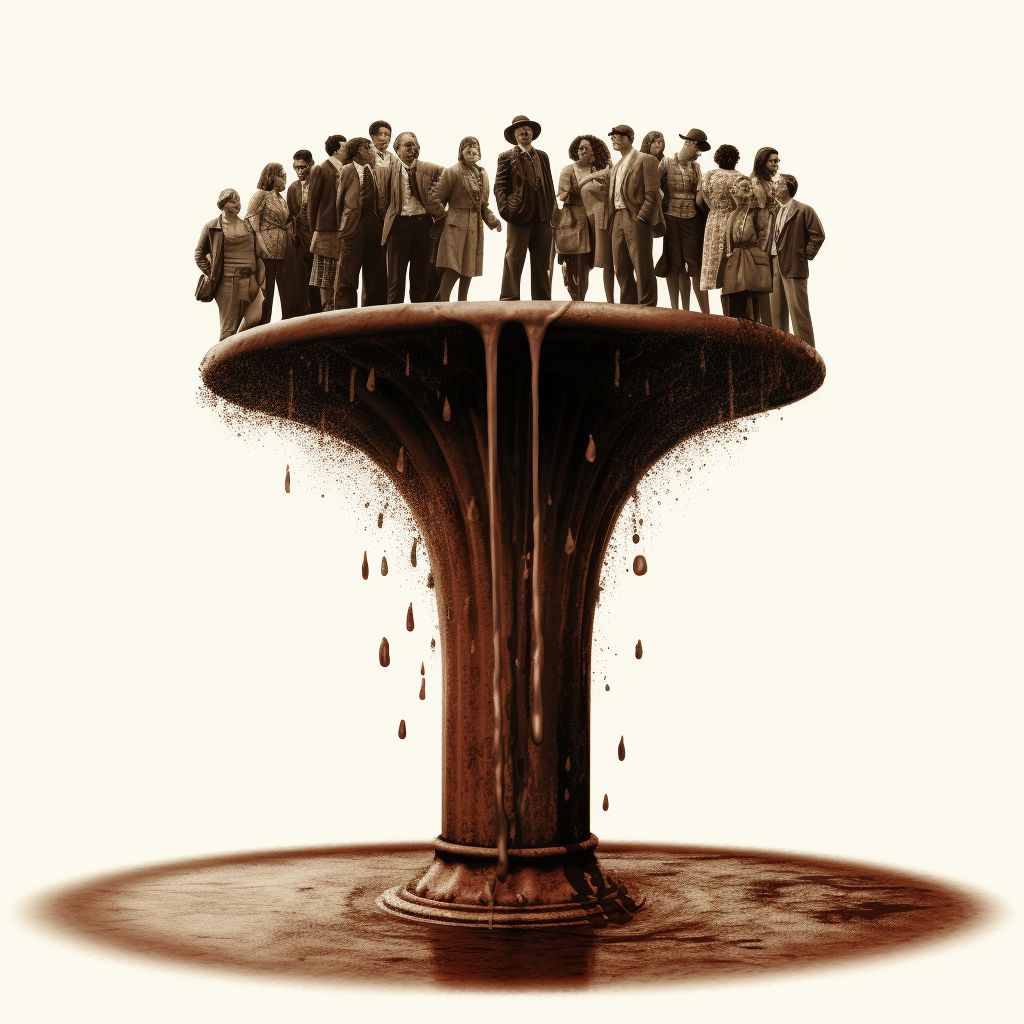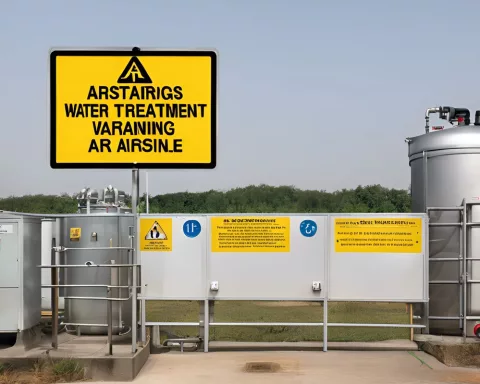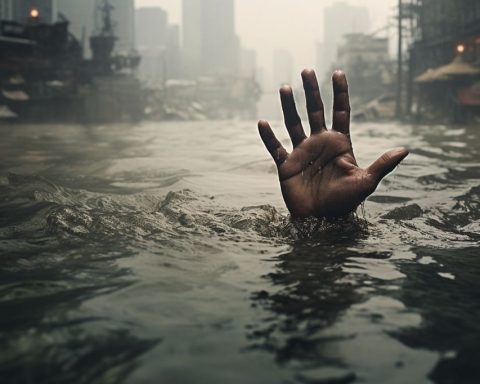Background
Since May 23, 2023, the town of Hammanskraal in South Africa has been dealing with a tragic cholera outbreak that has claimed the lives of 23 residents. Investigations are underway to identify the source of the outbreak, but initial speculation points to poor water quality as the primary cause. The situation in Hammanskraal shines a light on the broader issue of water management in South Africa.
Poor Water Quality in Hammanskraal
In May, 163 patients were admitted to the Jubilee Hospital with symptoms of diarrhoea and vomiting. This is not the first time that the issue of poor water quality has been raised in Hammanskraal. In 2019, the South African Human Rights Commission confirmed that the water was unfit for human consumption after testing samples from various locations in the town.
The Status of Water Management in South Africa
The Department of Water and Sanitation recently released several reports that provide interim analyses of the nation’s deteriorating water services. The Blue Drop, Green Drop, and No Drop Watch Reports focus on water treatment, wastewater treatment, and water losses in South Africa.
Although the reporting program was initiated in 2008, no reports had been published since 2014. However, the recent Drop Water Reports indicate emerging leadership within the Department of Water and Sanitation, which is more assertive in demanding accountability from municipalities while providing support.
The Need for Improved Governance and Monitoring
The reports provide detailed information on the condition of treatment plants and water infrastructure, identifying areas that need repair or maintenance and the associated costs. The Linton water treatment works in Nelson Mandela Bay municipality is an example of a facility that is performing well despite challenging circumstances.
While the reports are only the first step in formulating actions and mitigation measures, they highlight the need for improved governance, monitoring, and reporting, as well as system enhancements. South Africa’s National Water Act, passed in 1998, was praised globally for establishing the right to clean water and addressing equality of access issues. However, poor strategic planning, limited investments, and inadequate governance have hampered its effectiveness.
Addressing Challenges and Building a Stronger Economy
The Department of Water and Sanitation acknowledges that several factors have impacted water services, including dysfunctional wastewater treatment plants, water pollution, and lack of investment in human resources and infrastructure. To address these challenges, better cooperation is needed between the department and struggling municipalities, with provincial governments acting as bridge builders.
Enhancing cooperation will require collaboration, innovation, strategic leadership, and transparent reporting from multiple stakeholders, including the private sector, academia, and willing citizens. The watch reports are essential for informing the public and the department and promoting transparency in the process.
Ultimately, South Africa must prioritize building a stronger economy to invest in water infrastructure and services. A better investment in these areas will lead to improved healthcare and disease prevention, benefiting all citizens.












